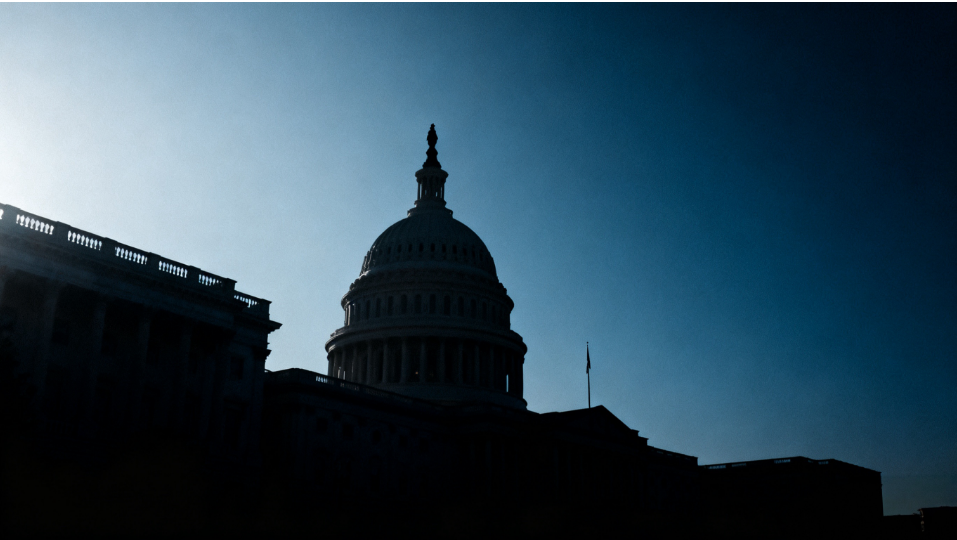
According to a Xinhua report, the U.S. Senate failed again on the 4th to pass a temporary funding bill for the federal government. This means that the current federal government shutdown, which began on October 1st, is set to break the record of the 35-day shutdown from late 2018 to early 2019, becoming the longest government shutdown in U.S. history.
That day, the Senate made its 14th attempt to advance a temporary funding bill already passed by the House of Representatives to maintain normal federal government operations. However, a related procedural vote failed to secure the 60 votes needed to advance the bill. This means the fiscal impasse causing the government shutdown continues, and the shutdown duration record will be broken starting at 00:00 Eastern Time on November 5th.
The main point of contention between the Democratic and Republican parties regarding the temporary funding bill revolves around healthcare benefit spending. The annual enrollment for the Affordable Care Act health insurance for 2026 began on November 1st. Because the two parties failed to agree on related government subsidies, the annual premiums announced by insurance companies saw significant increases. Senate Democratic Leader Chuck Schumer posted on social media on the 4th, stating that Republicans should be responsible for the soaring health insurance prices next year, and that "4 million Americans will completely lose their health insurance."
U.S. President Trump continued to blame the Democrats for the shutdown. On the 3rd, the U.S. Department of Agriculture, which oversees the Supplemental Nutrition Assistance Program (SNAP), stated it would utilize $4.65 billion in emergency funds to distribute as part of the program's November food benefits. However, Trump posted on social media on the 4th, claiming that these benefits, urgently needed by tens of millions of low-income people, "will only be distributed after the radical left-wing Democrats open the government."
Funding for the operation of the U.S. federal government should originally come from annual budget appropriations. The two parties in Congress typically should pass new annual appropriation bills before the start of the new fiscal year on October 1st. However, due to intense partisan battles in recent years, agreements often cannot be reached in time, so Congress attempts to temporarily maintain federal government operations through temporary funding bills.
Before the Senate vote that day, Senate Republican Leader John Thune, responding to reporters' questions at the Capitol, expressed hope to break the fiscal impasse this week. He believed that "some people realize this situation has lasted too long, caused enough pain to the American people, and it's time to end it."
















